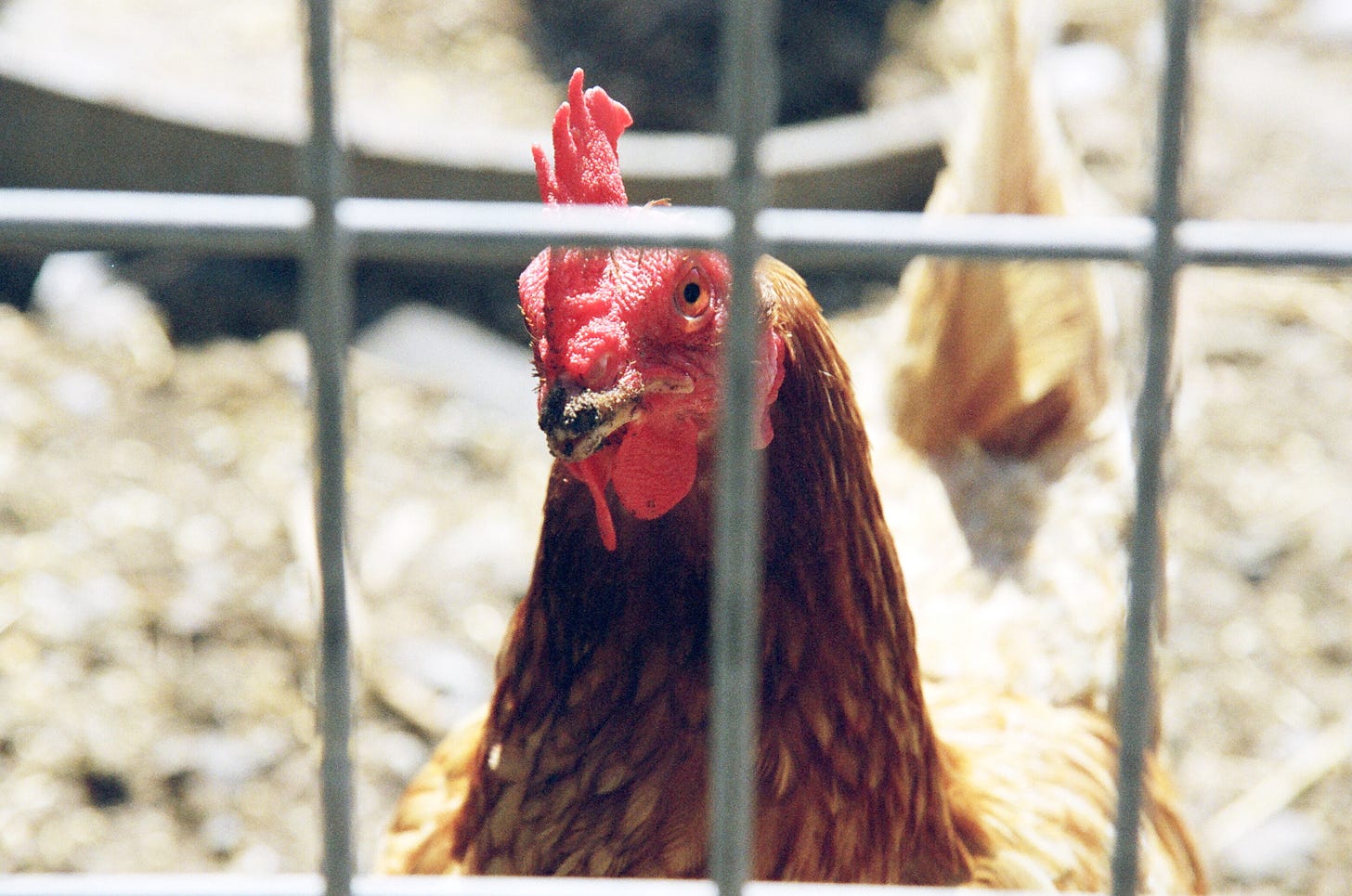The Sky is Falling
Chicken Little was right.
If you aren’t following Sandra Loughlin, PhD, this would be a good time to start. She brings an extremely sharp edge to her analysis.
The Linkedin post that caught my attention is a short summary of the story that Forrester is telling in its latest Future of Work predictions. Here are the two money quotes:
“HR staffing will be cut by as much as 50% as businesses give up on HR being strategic.”
“Many [HR leaders] will turn to vendor’s AI-washed product offerings to give them at least the appearance of AI readiness, with only a few armed with the AIQ to discern legit tech from vaporware.”
HR is getting pressure to transform from many sides these days. Transformation will not mean ‘doing the old things harder and faster.’
HR itself is a bag of cats and dogs that look suspiciously like they were abandoned by operational managers. Messy people stuff is the common thread. Historically, being the one to do the messy stuff has been the heart of HR’s charter. The day to day problem in HR is always ‘how to better align our work with the business.’
You see it in L&D, TA/Recruiting, Organizational Development, Total Rewards, Performance Management, HRIS/HRIT. In each case, the core struggle is to try to understand what exact problem is being solved. The people who know the answer to that question don’t work in HR. They work in the operational units.
Much of HR’s time is spent trying to understand what’s going on in the organization.
As AI slowly transforms the entire organization, functional disciplines will be required to take on additional workload. With an ever accelerating rate of change, HR just falls further and further behind. With the right tools, the functional units will be able to execute many current HR tasks. They are (at least in theory) in the market for additional strategic work.
Part of the pressure to minimize HR’s role will be quest to make the silos more ‘strategic.’ It turns out that something is strategic if it is a programmatic thrust to better align with overall company goals. That means that the things rightly identified as strategic by HR folks are even more strategic when executed by the functional.
The closer you are to the actual change, the better equipped you are to understand the actual problem. The combination of automation, intelligence, newfound time, and pace of change make it possible for functional groups to take on tasks that were previously outsourced to HR.
What will be left are all of the functions that require a central, disciplined authority like payroll, benefits, compliance, health, safety, wellness, and maybe the parts of employee relations that involver the entirety of the organization. The other stuff is better executed by people who are closer to the problem.
Things are changing quickly. The reason that parts of HR will migrate closer to operations is to close the gap between need and delivery. This is exactly the kind of rethinking that the AI era allows.
.



